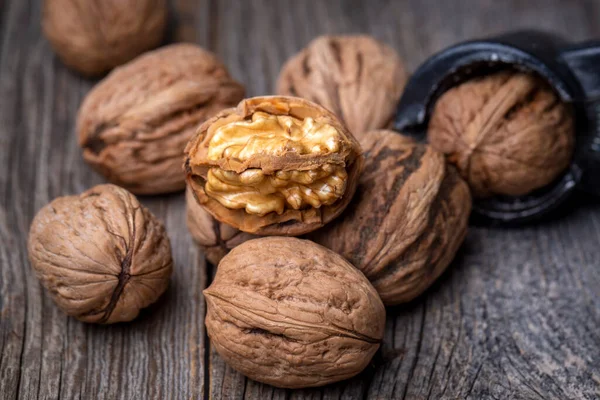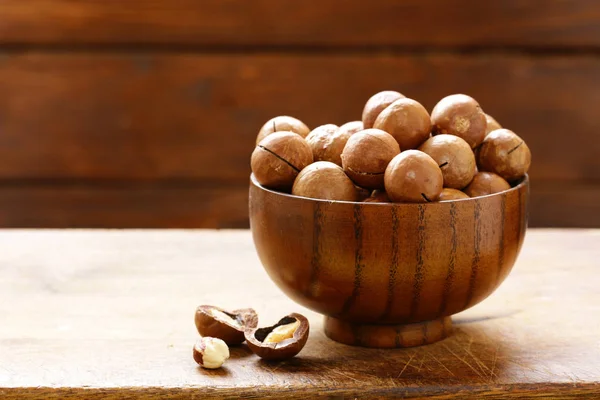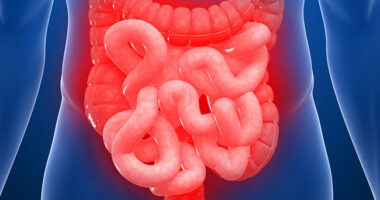Study Revealed Nut Consumption Enhances Male Fertility – Given the limited information available from the provided sources, I will synthesize a comprehensive answer based on general knowledge about nut consumption and its potential impact on male fertility.
Nut consumption has been a topic of interest in the field of nutrition and fertility for several years. Nuts are rich in essential nutrients, including healthy fats, vitamins, minerals, and antioxidants, which are crucial for overall health and well-being. The potential benefits of nut consumption on male fertility are multifaceted and can be explored from various angles.

Nutrient Composition of Nuts
Nuts are a rich source of healthy fats, particularly monounsaturated fats, which are known to have beneficial effects on heart health and blood pressure. These fats are also essential for the production of hormones, including testosterone, which plays a crucial role in male fertility. Adequate intake of healthy fats can support the production and function of these hormones, potentially improving fertility.
Antioxidants and Oxidative Stress
Nuts are high in antioxidants, which are compounds that can neutralize harmful free radicals in the body. Oxidative stress, or the imbalance between the production of free radicals and the body’s ability to counteract their harmful effects, has been linked to various health issues, including male infertility. By reducing oxidative stress, antioxidants may help improve male fertility by reducing inflammation and improving sperm quality.
Vitamins and Minerals
Nuts are also a good source of vitamins and minerals, including vitamin E, selenium, and magnesium. These nutrients are essential for various bodily functions, including the production of sperm and the maintenance of reproductive health. For example, selenium is crucial for sperm production, and magnesium plays a role in sperm motility and function.
Potential Benefits on Male Fertility
The combination of healthy fats, antioxidants, and essential vitamins and minerals found in nuts can contribute to improved male fertility in several ways:
- Improved Hormonal Balance: Healthy fats can support the production and function of hormones like testosterone, which is essential for sperm production and function.
- Reduced Oxidative Stress: Antioxidants can reduce oxidative stress, which may improve sperm quality and reduce the risk of genetic damage.
- Support for Sperm Health: Vitamins and minerals like selenium and magnesium are essential for sperm production and function, potentially improving fertility.
What specific types of nuts are best for improving male fertility?
Based on the information gathered from the provided sources, specific types of nuts that are particularly beneficial for improving male fertility include:
- Walnuts: Walnuts are highlighted for their high content of omega-3 fatty acids, antioxidants, and minerals, which are crucial for male fertility. They are packed with antioxidants and omega-3 fatty acids, which are known to improve the quality and function of sperm.
- Almonds: Almonds are also beneficial for sperm health due to their nutrient composition. They are rich in antioxidants and can help improve sperm count and quality.
- Hazelnuts: Hazelnuts are another nut that can improve sperm health. They are packed with nutrients that have been linked to healthier sperm, such as omega-3 fatty acids, folate, and antioxidants like vitamin E, zinc, and selenium.
- Pecans: Pecans are mentioned as antioxidant-rich nuts that can help improve the quality and function of sperm.
- Pine Nuts: Pine nuts are also noted for their antioxidant properties, which can contribute to better sperm health.
These nuts are not only rich in essential nutrients but also have been shown to improve sperm count, vitality, motility, and morphology. A study conducted by Rovira I Virgili University in Spain found that men who consumed a mixture of almonds, hazelnuts, and walnuts daily saw significant improvements in sperm quality, including a 16% increase in sperm count, 4% in vitality, 6% in mobility, and 1% in morphology.
In addition to nuts, other foods rich in omega-3 fatty acids, such as fatty fish (salmon, herring, sardines, mackerel), and vegetable oils (like rapeseed oil) can also improve the quality of sperm. Antioxidants found in fruits, green vegetables, garlic, eggplants, ginger, green tea, red wine, dark chocolate, and whole grains are also beneficial for fertility.
It’s important to note that while these nuts and foods can contribute to improving male fertility, a balanced diet and healthy lifestyle are also crucial. Factors such as stress management, regular physical activity, and avoiding exposure to excessive heat can further support sperm health.
How much of these nuts should be consumed daily to see improvements in fertility?
To see improvements in fertility, incorporating nuts into your daily diet can be beneficial, but the specific amount needed varies based on individual dietary habits and nutritional needs. A study conducted by Rovira i Virgili University and funded by the International Nut and Dried Food Council found that men who consumed 60 grams of mixed nuts (almonds, hazelnuts, and walnuts) daily over a 14-week period experienced significant improvements in sperm count, vitality, motility, and morphology. These improvements were by around 16% in sperm count, 4% in sperm vitality, 6% in sperm motility, and 1% in morphology. Additionally, the study noted a significant reduction in sperm DNA fragmentation, which is closely associated with male infertility.
It’s important to note that while these results are promising, the study was conducted on healthy, apparently fertile men following a western-style diet. The researchers emphasized that these results cannot be extrapolated to the general population, suggesting that individual responses to nut consumption may vary. However, the study does indicate that a daily intake of 60 grams of mixed nuts could be a starting point for those looking to improve their fertility through dietary changes.
Incorporating a variety of nuts into your diet can provide a broad spectrum of nutrients beneficial for fertility. However, it’s also crucial to maintain a balanced diet and consider other lifestyle factors that can influence fertility. Healthy lifestyle changes, including a balanced diet, regular physical activity, and stress management, are essential components of a comprehensive approach to improving fertility.
The study suggests that consuming 60 grams of mixed nuts daily could lead to improvements in fertility, it’s essential to approach dietary changes as part of a broader strategy that includes a balanced diet and healthy lifestyle habits.
Conclusion
While the provided sources do not offer specific details on a systematic review by experts, the general consensus in the scientific community is that nut consumption, particularly of nuts rich in healthy fats, antioxidants, and essential vitamins and minerals, can have a positive impact on male fertility. Incorporating a variety of nuts into the diet may offer a comprehensive approach to supporting reproductive health. However, it’s important to note that individual nutritional needs and responses can vary, and more research is needed to fully understand the specific effects of nut consumption on male fertility.
Don’t Miss | Can Snoring Increase Stroke Risk In Adults? Here’s What Experts Want You To Know









